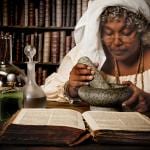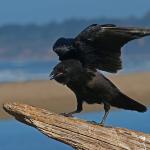For this post I decided to do another question and answer, and to simply open the floor on social media to any questions that people might have for me. This is the result.
Fairies
Colin asks: What one overarching piece of advice would you given to Pagans, polytheists, and other such folk interested in learning more about the Other Crowd?
My answer: Be very discerning with your sources.
Seriously, fairies tend to be a hot topic every few years in paganism and when they are there will inevitably be sudden upswings in material published about them. The problem is that a lot – a lot a lot – of what is out there can really be described as one person’s opinion or ideas presented as pre-existing folklore or belief. And listen I’m not telling you not to go with that one person’s unique beliefs if you want to but you really need to be aware that’s what they are. I see so much out there online, in pagan books, and in groups that’s put forth as ‘Irish’ or what-have-you fairy belief and it isn’t. And that matters. There’s also an overdependence in my opinion on public domain works about fairies which results in people thinking that the opinion of some wealthy dilettante writing about a culture they weren’t part of has more weight than it should.
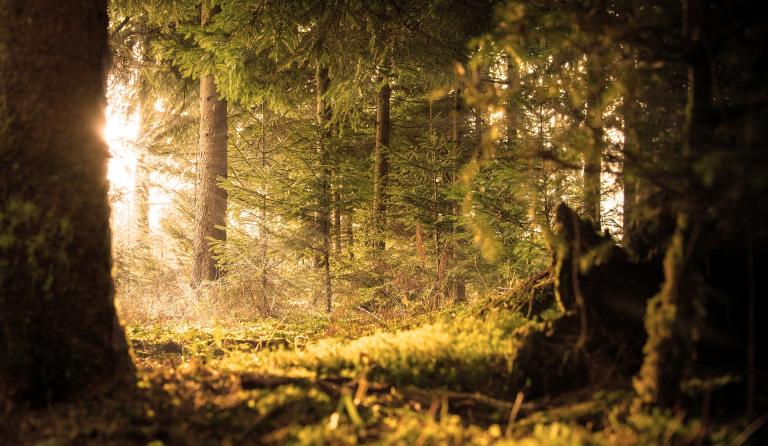
When it comes to learning more about fairies I firmly believe you should put some kind of research into it before just leaping into interaction, but also that the research you do needs to be discerning. And yes this applies equally to people looking at my work. Look at when the material was written, what sources it’s drawing on, whether the author is part of the culture they are writing about or outside of it, what their biases are (we all have them), whether they speak the language of the culture they are writing about. Is the author being honest about the material they are relaying – i.e. are they clear it’s their own ideas, is it cited from other sources, is it unclear, is it assumed to be cultural, all of that.
It really does matter, especially on this topic where there has long been the idea in paganism that it’s alright to treat it as a kind of creative concept or fiction and simply make up what you like and slap a cultural label on it for validity. There are pagans who are incorporating and perpetuating ideas taken from role-playing games and fiction series as legitimate older cultural belief, for example, without seeming to be aware that they aren’t.
And again, you do you if that’s what you want to believe but we really need to be aware of the actual sources – one of the big issues with some of this is that these newer ideas in mainstream US culture are overwriting the actual folk beliefs and then spreading back to the original country and eroding the older beliefs there, and colonialism is really not a good look. We can avoid that by just being honest about sources, and, for people newer to the subject, by doing research to verify something if it’s claimed in a book, and making sure you go to solid sources.
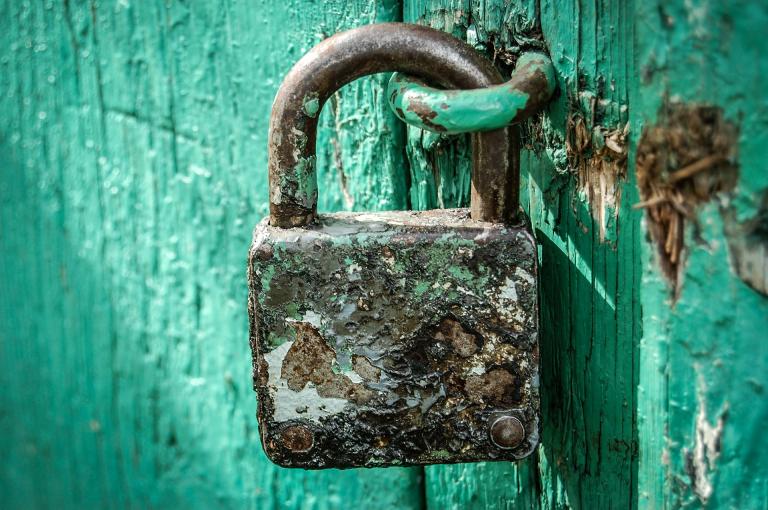
Silvio asks: What’s the deal with Faeries and Iron? If the Fae are deeply connected to nature and Iron is a natural element why would they be afraid of it?
My answer: There’s a couple things to touch on here which contribute to some common confusions, so let’s start with those. Firstly, not all fairies are averse to iron although many do seem to be and it’s the most commonly referenced protection against them in Celtic language cultural folklore. Secondly, although it’s very popular now in some demographics to conflate fairies with nature or nature spirits it’s more complicated than that, and what we tend to see is that the more distinctly Otherworldly beings are the ones that can’t stand iron, while beings that are more obviously bound to our world sometimes can.
In other words some people may say that fairies are all deeply connected to our natural world but like most things with this subject that’s only true for some of the Good Folk, not all. It may be worth noting here that the idea that iron drove out spirits goes back at least 2,000 years, with Pliny the Elder making note of the belief that to cut any herb with an iron blade would drive out the spirit of the plant from it, so this is certainly not something new.
As to the wider question of what the deal is with fairies and iron, the short answer is no one knows for certain. In the past as far as I know it was simply taken as a given. In the last hundred years or so a multitude of theories have sprung up usually based in how that individual understands what fairies are. These theories run the gamut from esoteric, to physical, to anthropological (or pseudo-anthropological anyway). However, there really is no way to know for sure.
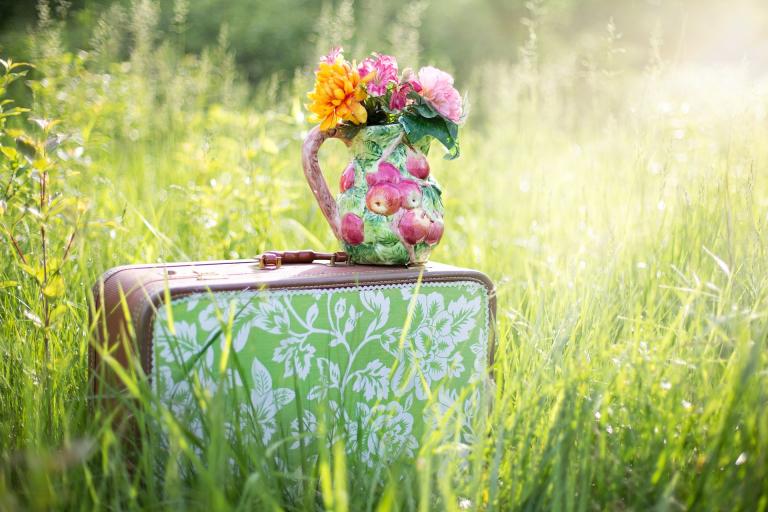
Amy asks: What advice would you give to someone moving to an entirely different area of their country for a year in terms of finding out what to look out for regarding local Others, ways that protecting self/home/car might be different, building relationships with the land respectfully (without inviting anything to eat you), and so on? What process would you use (other than Googling legends and reading folklore from the area)?
My answer: When going into a new area it’s good to start by both researching what has previously been known in that area and also if possible talking to people there now about what they may be experiencing. I know people are very concerned about appropriating Native American beliefs but you can respectfully look into what the local or historic tribe believes (or believed) about the spirits in the area. You can also research cryptid sightings and unexplained phenomena in the area. This may sound like a lot of effort and I do realize not everyone is a fan of deep research but it is helpful. The process I use tends to be a blend of book research (despite the format I am currently writing in, I am always skeptical of Google results on these topics) and talking to people who may have direct experience.
Actually moving forward – research or no research – is a bit like getting to know your new human neighbours: go slow, be friendly, respect existing boundaries and that sometimes the answer will be ‘go away’. It’s a process and it can be a slow one but the results come from the effort you put in.
Lucya asks: What are the best libraries in the world for researching fairy folklore? (I mean physical libraries holding physical books, not online resources.)
My answer: I wish I knew! I’ve been actively collecting books on the topic for years because it is hard to find them in quantity even in university libraries.

Magic
Echo asks: What do you do to magically/energetically protect yourself and your family/home?
My answer: Honestly, lots of things. I have a horseshoe over my front and back doors, as well as rowan and red thread. I cleanse pretty regularly, usually asperging with salt water and burning a fumigant like mugwort. I have a couple of things I wear that are protective in nature, and I’ve written before about some witchy life hacks I use related to clothing and hair which can be used for protection.
Spiritual
Will asks: What advice would you give to people who honour Gods from different pantheons?
My answer: A couple things, as someone who has been there done that and who still works to find a balance between spirits from different cultural backgrounds.
Firstly, I’d say that yes it is possible to do this. I say that first because I know that there are viewpoints out there that argue against it. Historically there has always been a certain fluidity where deities are concerned and we do see examples of multi-pantheon worship or of the incorporation of an outside deity into a pantheon.
Secondly I’d say that the key to doing it successfully is twofold. Do your research about the different cultures in question and how they got along because that can be helpful in understanding how those pantheons or groups of deities may do together. Obviously if the cultures in question were antagonistic then the deities aren’t necessarily going to get on well, while if the cultures tended to be allied or connected it would go better. In some cases we even have recorded stories of cross-cultural deities not getting along, for example Thor and Jesus were described as being opponents to each other in Iceland.
Next, trust your intuition and be open to listening to what the deities in question want. I was honouring Odin and also the Morrigan for many years and I wouldn’t necessarily say the two got along marvelously but as long as I gave them their own spaces it worked out – of course this may be different for others. If you do those two things I think the odds are better for it to work out well to include different pantheons in your spirituality.

Miscellaneous
Rebecca asks: How does being goth influence your spiritual path? And vice versa?
My answer: Interesting question. I suppose it makes me more open to seeing the beauty in the macabre aspects of folklore and appreciating that grim doesn’t mean terrible. I think my aesthetic probably does explain in part why I tend to dislike the twee and to argue for the value of the lore that contrast it, focusing on things that are dangerous or antithetical to humanity; I don’t believe in cutting those stories or beliefs out just because they are unpleasant or uncomfortable or in sanitizing them into something gentler. I’m not sure how my spiritual path influences my approach to being Goth, although I’m sure it probably does. I’ve been pagan about 4 or 5 years longer than I’ve been Goth, but I’ve been doing both since the 1990’s so it can be difficult now to pick those threads apart.


